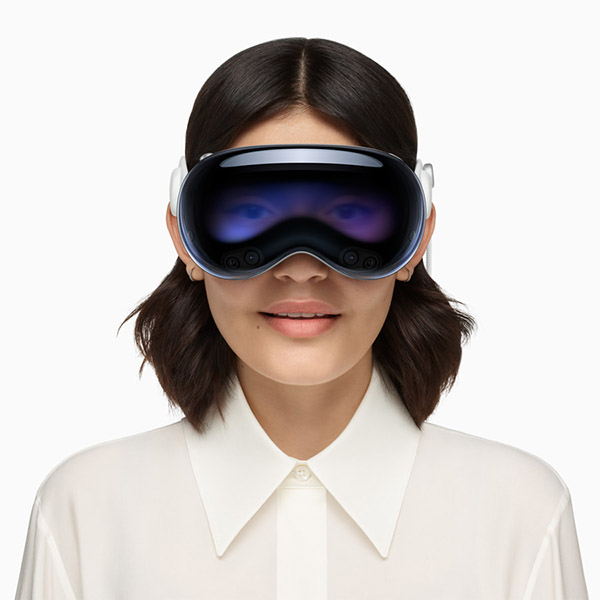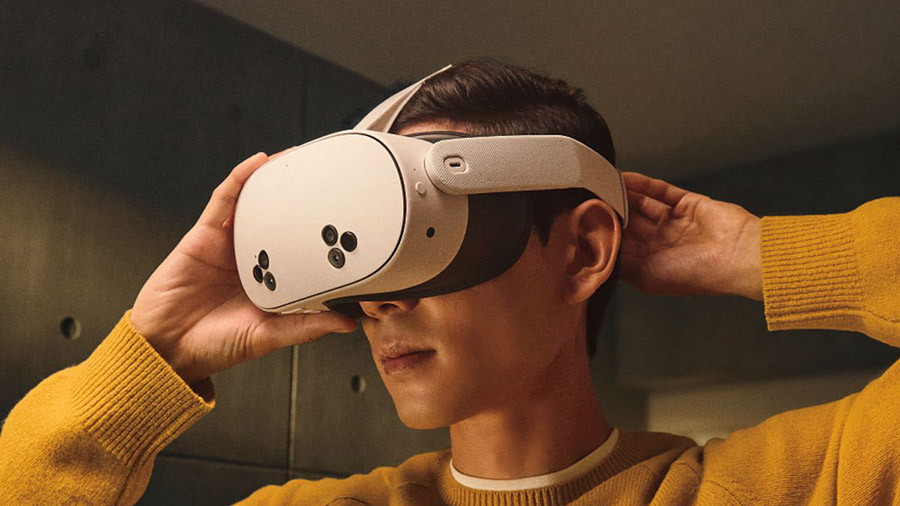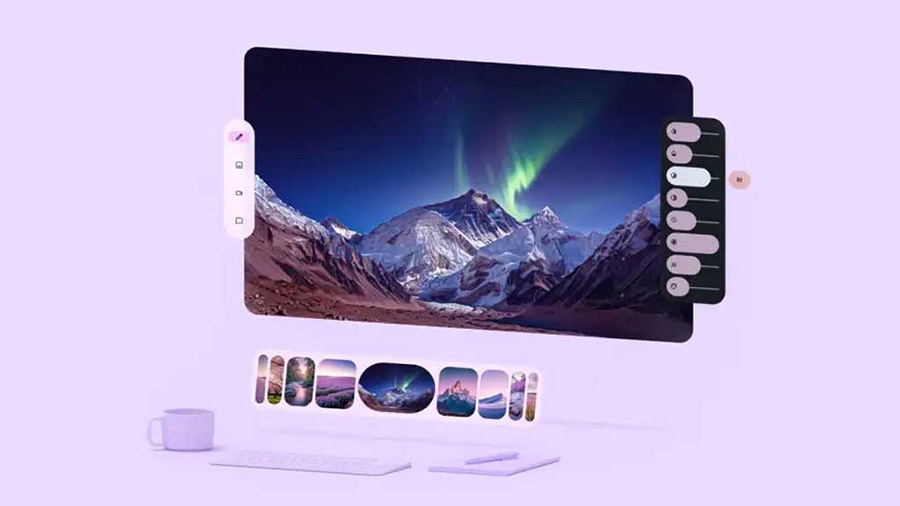2024: the Year in Review
Now that 2024 has come to a close it’s the perfect time to look back on the year and take stock of the developments in VR and AR that it brought. Major hardware releases, the heating up of the AR market, Apple’s debut device launch, and the continuing growth of Samsung and Google’s commitment to XR tech were all noteworthy industry news items in 2024.
Let’s take a moment to recap the most significant stories that made waves in the virtual tech world.
Apple Enters the Fray
At long last, Apple launched its debut VR/AR device, Apple Vision Pro, in February. With its relatively high retail price and the lofty ambitions of its tech, Apple Vision Pro was always going to be something of a tough sell to all but the most feverish adopters of advanced AR tech and, of course, Apple loyalists.

Nine months later, it was reported that Apple was scaling back production of Vision Pro. Whether this is due entirely to lackluster sales or the expected forthcoming arrival of a “lite” version of the device is not clear. A modest, stripped down, more affordable Vision-branded device is expected to be announced in Q1 2025.
Meta Juggles Quest Line
Meta Connect 2024 saw the expected unveiling of Meta Quest 3S, a more streamlined and affordable take on the popular Quest 3, which launched a year prior in October ’23. With the base 128GB Quest 3S model priced at just under $300 USD, Meta satisfied the demands of Quest 2 users for an affordable upgrade.
The release of Quest 3S came with some less exciting news for Quest fans, however. Both Meta Quest Pro and Quest 2 would be discontinued when then-current stock ran out.

Meta revealed another major project at Connect 2024: Meta Orion, the company’s first dedicated pair of AR glasses. Orion is not intended to reach the market and is instead a prototype device still under development. Meta is, however, clearly excited about its prospects and is most certainly using Orion’s tech to further its goal of producing a consumer-grade pair of lightweight, fully-featured AR glasses in the not-too-distant future.
Meta also opened its Horizon OS to third party developers, signalling a shift towards less rigid control over its VR environments and platforms, and, it is hoped, a longer lifespan for its hardware.
Adventures and Advances in XR
In a year dominated by Meta and Apple, South Korean stalwart Samsung managed to keep a share of the market and media attention. After a relatively quiet year for the company, it announced in December a long gestating collaboration with Google. Set for release sometime in 2025, Samsung Galaxy XR is an XR device bringing together VR, AR, and AI technologies. Launching alongside Galaxy XR, Android XR is an entire XR ecosystem that will spread far beyond Samsung’s debut XR device and is aimed to bring to fruition the next era of personal and professional computing.

After its March release of Xreal Air 2 Ultra, Xreal also released a new pair of AR devices, Xreal One and Xreal One Pro, both of which utilize the company’s first self-designed chipset, X1.
These AR and XR releases, along with expected new devices from the dominant players Meta and Apple, suggest that 2025 could be the year we move away from VR dominance and see a much more fluid blending of the real world and the virtual.

